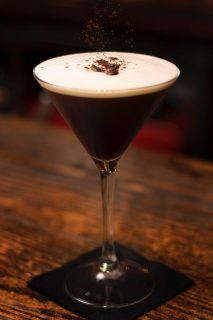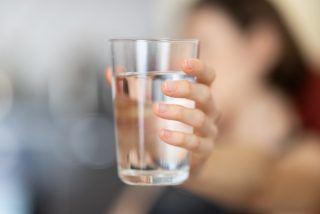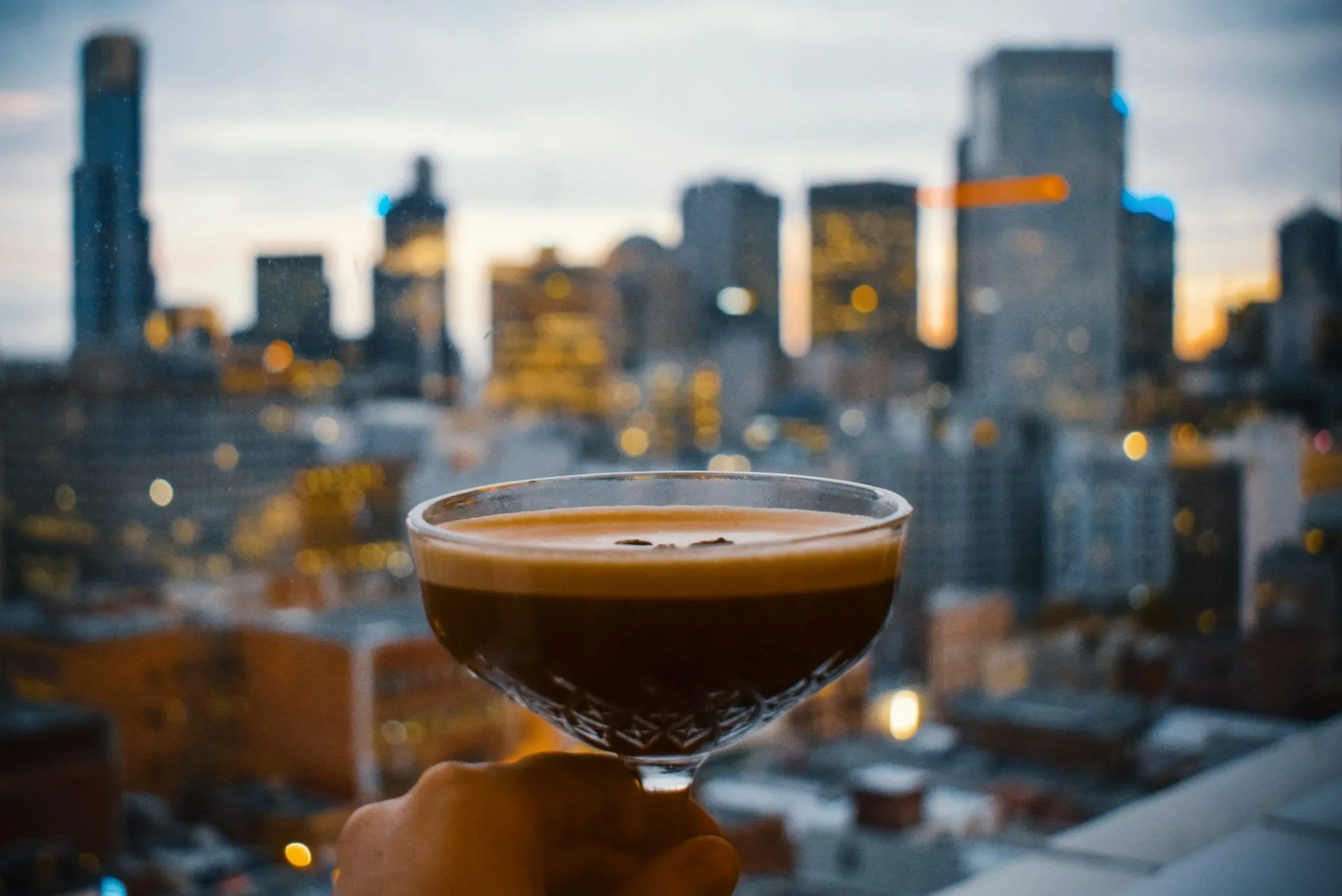Drinks that combine caffeine and alcohol have long been a popular choice, and there are so many variants to choose from. Espresso martinis, Irish coffee, or a Vodka and Red Bull, most of us have had at least one of these. But what actually happens when caffeine and alcohol come together? As it happens, there are a lot of not so fantastic effects as a result of these two firecracker ingredients being mixed together.
Stimulants and Depressants aren’t the greatest combinations

Photo by Kike Salazar N on Unsplash
Most of us are likely familiar with the effects of caffeine on our bodies. It’s a natural stimulant found in coffee beans, tea leaves, yerba mate leaves, and cocoa beans that can help increase focus, improve mood and boost energy levels. Alcohol, on the other hand, is a depressant. It helps us relax and unwind because it’s a central nervous system inhibitor that reduces your brain’s activity.
This means that, when we combine them, we’re able to take advantage of booze’s relaxing effects without necessarily feeling sleepy. And we can keep our energy up without caffeine’s usual side effects like jitteriness or anxiety. But that doesn’t mean there aren’t consequences to this combination.
In fact, when they’re consumed together, they interact in a way that can be potentially dangerous. In fact, some scientists even liken the long-term effects on the brain to those caused by cocaine use.
Richard van Rijn, Purdue university’s assistant professor of medicinal chemistry, explained that the trials on mice had shown that “the two substances [caffeine and alcohol] together push them over a limit that causes changes in their behavior and changes the neurochemistry in their brains”. This could lead to long-term and lasting damage and is even linked to addiction.
Binge Drinking is linked to this combination
Not feeling the effects of alcohol can also lead to binge drinking. In fact, the CDC noted a study among Michigan high school students which found that “drinkers aged 15 to 23 who mix alcohol with energy drinks are four times more likely to binge drink at high intensity“. Additionally, those that did binge drink, were more than “twice as likely” to mix alcohol and energy drinks as those that don’t partake in binge drinking.![drinking more [longevity live]](https://longevitylive.com/wp-content/uploads/2019/12/woman-wearing-red-shirt-drinking-948199-320x224.jpg)
When we drink alcohol on its own, the body naturally tells us to slow down. Alcohol depresses the central nervous system, so after a couple of drinks, we get sleepy or even pass out. But caffeine doesn’t do this to us. In fact, it does the opposite: It keeps us awake and alert.
This can mean that you think you’re okay to keep drinking because you don’t feel drunk. But in reality, you’ve consumed way more than your limit.
The sneaky part about combining caffeine and alcohol? Even though you might feel more awake, your motor skills still suffer from the effects of alcohol. And that can lead to some serious consequences such as drunk driving because you don’t feel too drunk.
You’ll end up even more dehydrated
We all know that alcohol is bad enough when it comes to dehydration. Similarly, caffeine is also well known for its negative effects on the body as far as hydration goes. Drinking both at once, as one might imagine, is not at all great for the body. Combining the two, according to Well and Good, “causes a double whammy of dehydration”.

Photo by engin akyurt on Unsplash
Pediatrician Scott Hadland, MD, MPH, chief of the division of adolescent and young adult medicine at MassGeneral Hospital for Children, explains that together, caffeine and alcohol are likely to cause even more dehydration than either would on its own.
Drinking more alcohol means that “fluid is quickly eliminated in the urine”. However, this doesn’t only mean more trips to the bathroom, it also means, that the liver and kidneys are working harder.
This combination can also lead to diarrhea, which furthers the risk of dehydration and can leave you in a dangerous situation.
The combination has a very negative effect on the heart
Dr. Hadland explains that caffeine and alcohol can be a dangerous combination when it comes to the heart. When the two come together, in the short term, it can increase the heart rate and blood pressure substantially.
Hadland explains that “this typically resolves after alcohol and caffeine are eliminated from the ![coffee drinkers [longevity live]](https://longevitylive.com/wp-content/uploads/2019/05/coffee-drinking-girl-858480-320x212.jpg) body. However, the dehydration that commonly results from alcohol and caffeine consumption, can cause your heart rate to remain elevated for longer.
body. However, the dehydration that commonly results from alcohol and caffeine consumption, can cause your heart rate to remain elevated for longer.
In the longer term, some people that drink alcohol heavily and consistently can develop weakness of the heart muscles, which can cause heart failure.
You’ll end up with a worse hangover
When it comes to processing alcohol, all of us are different. Whilst some of us can metabolize both caffeine and alcohol quickly, others struggle to process it and the rate is, thus, much slower. If you metabolize alcohol and/or caffeine more slowly, you are “more likely to experience stomach aches, migraines, and other side effects associated with hangovers”.
Another issue with mixing these two potent ingredients is that “both alcohol and caffeine can be hard on the protective layer that lines the stomach and can cause stomach upset and acid reflux plus, as a result of the dehydration caused by this combination, hangovers may be more likely”.
So, are alcohol and caffeine a no go?
As with most things, the answer is not entirely black and white. It seems like you can enjoy these drinks in moderation and usually when consumed in small amounts, these drinks are safe. It is important to note that it’s best to be wary when you try these drinks as everybody has different tolerance levels, and it’s impossible to know how your body will react.

Photo by Michael Discenza on Unsplash
It’s also good to remember that “gender, body type, genetics, lifestyle habits, and even the sugar content of drinks can affect your own bodily response”.
You need to understand your tolerance for both caffeine and alcohol before you indulge in drinks that combine both. Either way, it’s best to be careful and enjoy these drinks in moderation.
References
https://www.cdc.gov/alcohol/fact-sheets/caffeine-and-alcohol.htm
https://www.huffpost.com/archive/ca/entry/alcohol-with-caffeine_n_12672126
https://www.webmd.com/diet/what-to-know-mixing-alcohol-caffeine





![women [longevity live]](https://longevitylive.com/wp-content/uploads/2020/01/photo-of-women-walking-down-the-street-1116984-100x100.jpg)










